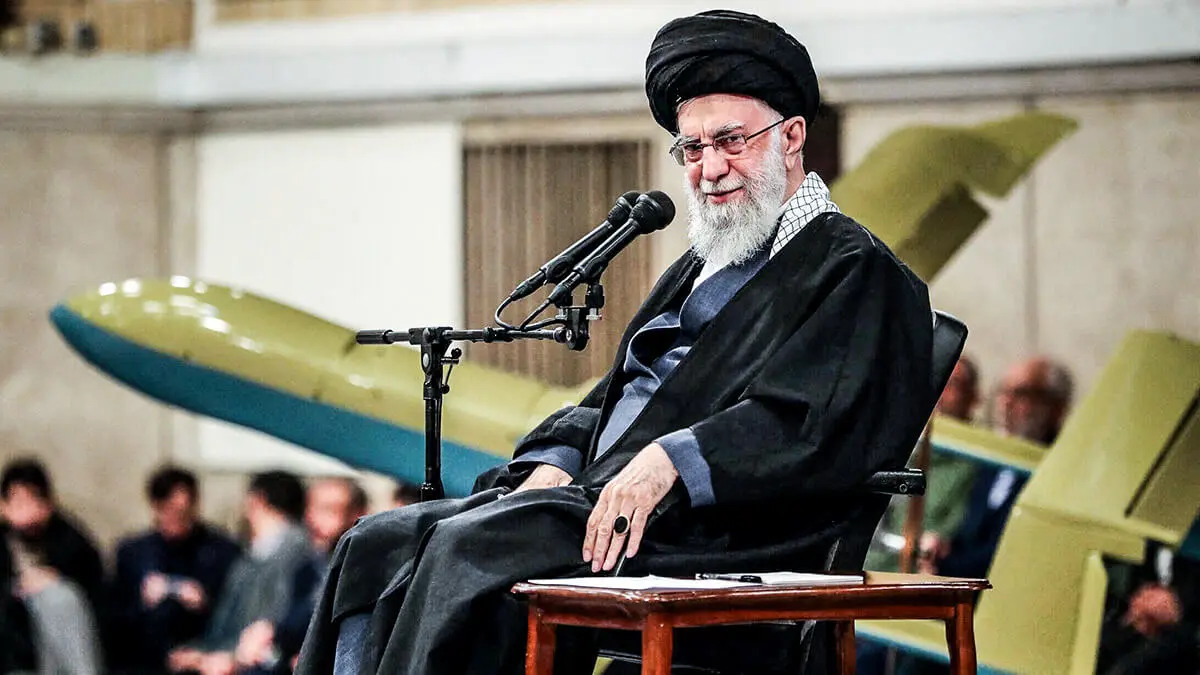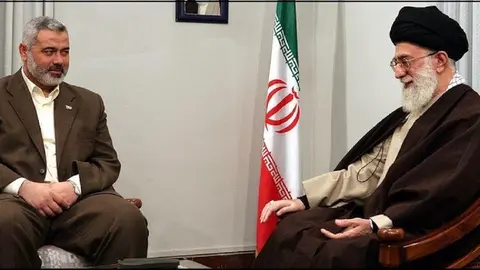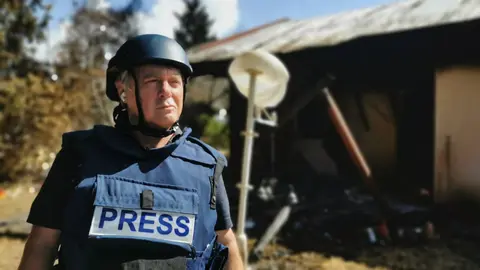Ali Khamenei prepares his succession in the Iranian elections

On the 45th anniversary of the Revolution and a year and a half after the bloody repression over the death of young Mahsa Amini in the Morality Police, Iran is holding a double election on 1 March: to fill the 290 seats in Parliament and the 88 that make up the Assembly of Experts of the Islamic Republic.
After almost half a century of the Ayatollahs' regime, foreign media have been proven wrong in classifying Iranian politicians as conservative and open-minded. If there was ever any approximation of such a division, after recent developments in both domestic and foreign policy, it would be much closer to reality to label them as radical rigorists and ultra-extremists.
The election result would not affect the ayatollahs' policy
At a time when Iran is waging war against Israel through the terrorist organisations Hamas, Hezbollah and the Houthi rebels, the election result is unlikely to alter the ayatollahs' oft-stated desire to wipe the state of Israel off the map. But it may, in any case, illuminate a political configuration that will show which faction or power group has greater pre-eminence.
The fight for seats is more hotly contested than ever. No fewer than 15,200 candidates are running for one of the 290 seats in Parliament, more than twice as many as in the 2020 elections. The number of women has also doubled this time: 1,713 compared to 819 four years ago.
The 12-member Revolutionary Guards Council, a body appointed in equal parts by the Supreme Leader and the chief justice of the Supreme Court, can still remove many of the candidates from the lists. It has already done so with two prominent figures: former President of the Republic Hassan Rouhani and former Justice Minister Mustafa Pour-Mohammadi.
Rouhani even harboured hopes of climbing to the top of the Supreme Leadership. Not for nothing was he for sixteen years secretary of the Supreme National Security Council, deputy in five legislatures, deputy commander-in-chief of the Iranian Armed Forces in their war against Iraq, and president of the Republic from 2013 to 2021. As Alejo Vidal Quadras writes, who, by the way, has no doubt who ordered the attack from which he miraculously escaped unharmed, 'during [Rouhani's] presidential mandate, torture, flogging, emptying of eye sockets, amputation and hanging were assiduously practised as methods to terrorise the Iranian people and keep them subdued'. The former Vice-President of the European Parliament adds: "A truly exemplary curriculum vitae that made him be considered a moderate in the chancelleries of Western democracies. Live to see".
As for Mustafa Pour-Mohammadi, he was in charge of ratifying the death sentences in the 1988 massacre, in which 30,000 political prisoners were executed, most of them members of the opposition organisation People's Mujahedin of Iran, in compliance with the fetua of the founder of the Islamic Republic, Ruhollah Khomeini. The Guardian Council is not obliged to publicise the reasons for its vetoes, although it seems safe to conjecture that the removal of both from the candidate lists was not because they had softened in the defence of unrelenting Islamic rigour.
Two other well-known candidates, the current President of the Republic, Ebrahim Raisi, and the Speaker of the House, Mohammad Bagher Qalibaf, did appear on the lists, but in two constituencies far from Tehran and against very minor candidates, perhaps fearful that voters would not secure their status as representatives of the people at the ballot box.
As for the Council of Experts, among the 144 religious figures vying for the 88 seats will be a very special candidate: Mojtaba, the eldest son of Supreme Leader Ali Khamenei. Tehran's gossip circles say that the country's supreme authority has been very pleased with his son. There was one drawback, however, and that is that Mojtaba was a simple mullah, but his father has made him head of the Office of the Supreme Authority, that is, his own, which entails the son's elevation to the rank of ayatollah, a prerequisite for, if necessary, being catapulted to the supreme magistracy of the country. Considering that the 88 experts have a term of office of eight years and that Ali Khamenei is already 84 years old, it seems more than likely that it will be the new Council that elects the successor to the supreme leader, who has been in office for 34 years.
The elections are the first to be held after the death in the Morality Police of Mahsa Amini, who was accused of not wearing the Islamic veil properly. The ensuing popular protests resulted in more than 500 deaths, 4,000 injuries and 20,000 arrests. Far from taking their grievances into account, the regime stepped up its bloodthirsty repression, clearly fearful that the growing number of demonstrations would shake the foundations of its power. For the record, 864 people were hanged in Iran in 2023, an average of 72 per month.



